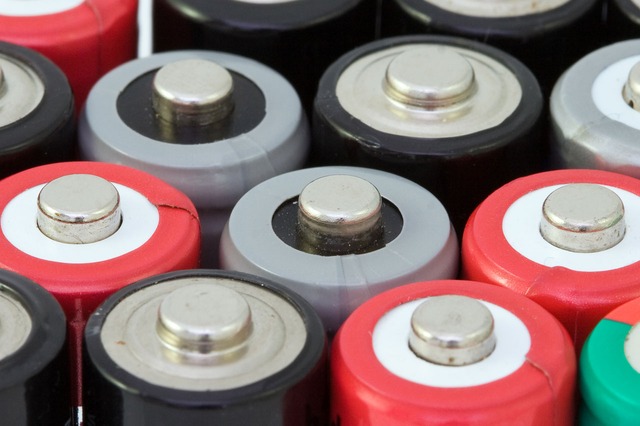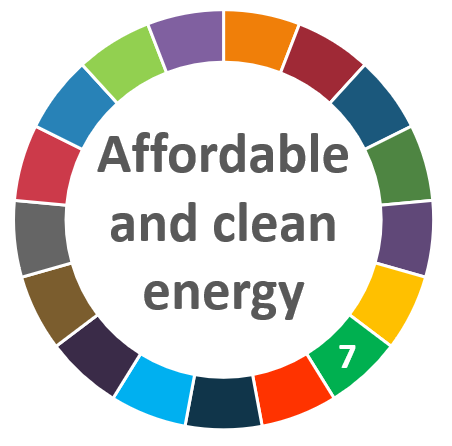
ΑΙhub.org
Developing organic batteries using machine learning

By Michelle Revels
Lithium-ion (Li-ion) batteries commonly used in electric vehicles, small appliances and electronic storage systems are rechargeable and energy-efficient. As the demand for Li-ion batteries escalates, the elements needed to create them, such as cobalt, nickel and lithium, are in short supply.
Jodie Lutkenhaus, professor in the Texas A&M University Artie McFerrin Department of Chemical Engineering, and Daniel Tabor, assistant professor in the Department of Chemistry, are using machine learning techniques to optimize polymers needed for developing metal-free, recyclable, organic batteries. The research is funded by the National Science Foundation (NSF) and in collaboration with Juan De Pablo and Stuart Rowan from the University of Chicago.
With the approaching Li-ion battery shortage, metal-free batteries offer great potential. In theory, organic batteries could be locally sourced, decreasing demands on supply chains. They also provide the possibility of being environmentally benign.
“Most powerful Li-ion batteries contain cobalt, which only comes from a few places globally, contributing to the global supply chain issue enhanced by the pandemic,” Lutkenhaus said. “There’s an effort by scientists to find alternative battery chemistries that are completely metal-free, which means that, in principle, you could synthesize the materials for your batteries domestically.”
Although promising, a substantial problem with metal-free polymer batteries is their lifespan. They are also notoriously inefficient at storing energy since most polymers possess insulating qualities. For this reason, the researchers are targeting redox-active polymers capable of electron storage. Once stored, they can release electrons comparable to how metal-containing batteries operate.
“Metal-free batteries are far away from practical commercial applications,” Lutkenhaus said. “Our work is going to discover new polymers that might enable these batteries for use in real-life applications. Specifically, we are determining polymers that have improved voltage and stability, translating into batteries that are more powerful and last longer.”
Polymers are chains of molecules linked together. Each molecule has a unique set of characteristics. There are many ways of connecting different molecules, with each configuration producing slightly different polymers.
“A polymer is like a chain of Legos,” Tabor said. “Each different shape of Lego has different properties but can also connect with numerous others. Let’s say the goal of this specific chain of Legos is to make a durable structure. There may be several ways to make the chain, but we would want to find the exact combination of Legos that will provide the most durability. Similarly, we are trying to find the exact polymer that produces the best battery.”
In search of the most energy-efficient polymer, the researchers are using Bayesian frameworks to sift through thousands of combinations of molecules that can produce a polymer chain capable of energy storage, in turn creating longer-lasting organic batteries.
“We are using theoretical chemistry to predict the properties of materials in advance, alleviating the need to test each combination in a laboratory,” Tabor said. “This reduces the magnitude of options and provides fundamental insights that can improve performance. It’s deciding the best option based on all of the knowledge available.”
The NSF grant will also help educate students on alternative chemistries and machine learning technologies. Specifically, it will help graduate students and postdoctoral researchers in the fields of chemistry and chemical engineering.
“We want to inform the next generation of students in this dynamic area,” Lutkenhaus said. “With increased adoption of machine learning, future professionals in these areas need to be well versed in data science and able to participate in computational and experimental science.”

tags: Focus on affordable and clean energy, Focus on UN SDGs









